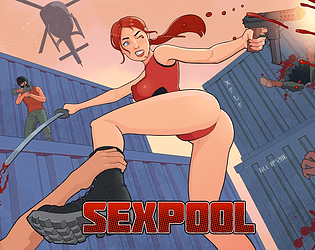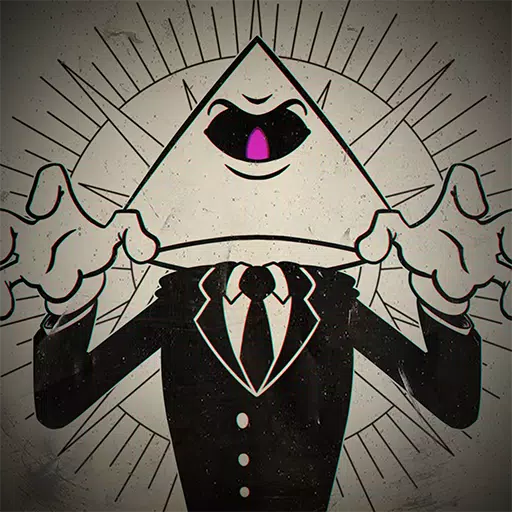This week marks the 40th anniversary of David Lynch's iconic yet initially polarizing film, Dune. Released in 1984, it initially flopped at the box office, grossing just $40 million. However, over the ensuing four decades, it has cultivated a dedicated cult following, especially when juxtaposed against Denis Villeneuve's recent two-part adaptation of Frank Herbert's seminal novel. Back in May 1981, the quirky visionary David Lynch was announced as the director for this ambitious project under the banner of mega-producer Dino De Laurentiis, stepping in after Ridley Scott, renowned for Blade Runner and Gladiator, had exited the project.
Until now, little was known about the version of Dune that Ridley Scott developed before Lynch took the helm. Thanks to the diligent efforts of T.D. Nguyen, a 133-page October 1980 draft of Scott's unproduced Dune film, penned by Rudy Wurlitzer (known for Two-Lane Blacktop and Walker), was unearthed in the Coleman Luck archives at Wheaton College and shared with this author.
Ridley Scott joined the project shortly after the success of Alien in 1979. At that time, Frank Herbert had already crafted a sprawling two-part screenplay adaptation that was excessively faithful to the novel but not conducive to cinematic storytelling, as previously noted by Wired and Inverse. Scott, after considering seven scenes from Herbert's script, opted for a complete overhaul, enlisting Wurlitzer to rewrite the screenplay from scratch in London while preliminary pre-production commenced at Pinewood Studios. This draft, like Herbert's and Villeneuve's later versions, was envisioned as the first part of a two-part epic.
"The Dune adaptation was one of the most difficult jobs I’ve ever done," Wurlitzer shared with Prevue Magazine in 1984. "It took more time to break it down into a working outline than to write the final script. I believe we kept to the spirit of the book but, in a sense, we rarefied it. We interjected a somewhat different sensibility."
In a 2021 interview with Total Film, Scott expressed confidence in their work, saying, "We did a script, and the script is pretty fucking good."
Despite the quality of the script, Ridley Scott's Dune never came to fruition due to a variety of reasons, including emotional turmoil following the death of his brother Frank, disagreements over filming locations with De Laurentiis, a budget exceeding $50 million, and the allure of the more immediate Blade Runner project. According to Universal Pictures executive Thom Mount, as discussed in the book A Masterpiece in Disarray – David Lynch's Dune, "Rudy’s version of the script did not receive unanimous, glowing enthusiasm."
Was Wurlitzer's adaptation a misstep in translating Herbert's vast narrative to the screen? Or was it simply too dark, violent, and politically charged for mainstream audiences? You can explore our comprehensive script analysis to form your own opinion.
For this article, Rudy Wurlitzer (now 87) was approached but was unable to participate, while Ridley Scott opted not to provide any comments.
A Wilder Shade of Paul
The October 1980 draft of Dune opens with an evocative dream sequence featuring hot deserts and apocalyptic armies, immediately signaling Paul's "terrible purpose." Ridley Scott's renowned visual flair is evident in descriptions like "birds and insects become a whirling hysteria of motion," showcasing his ability to craft dynamic and immersive scenes.
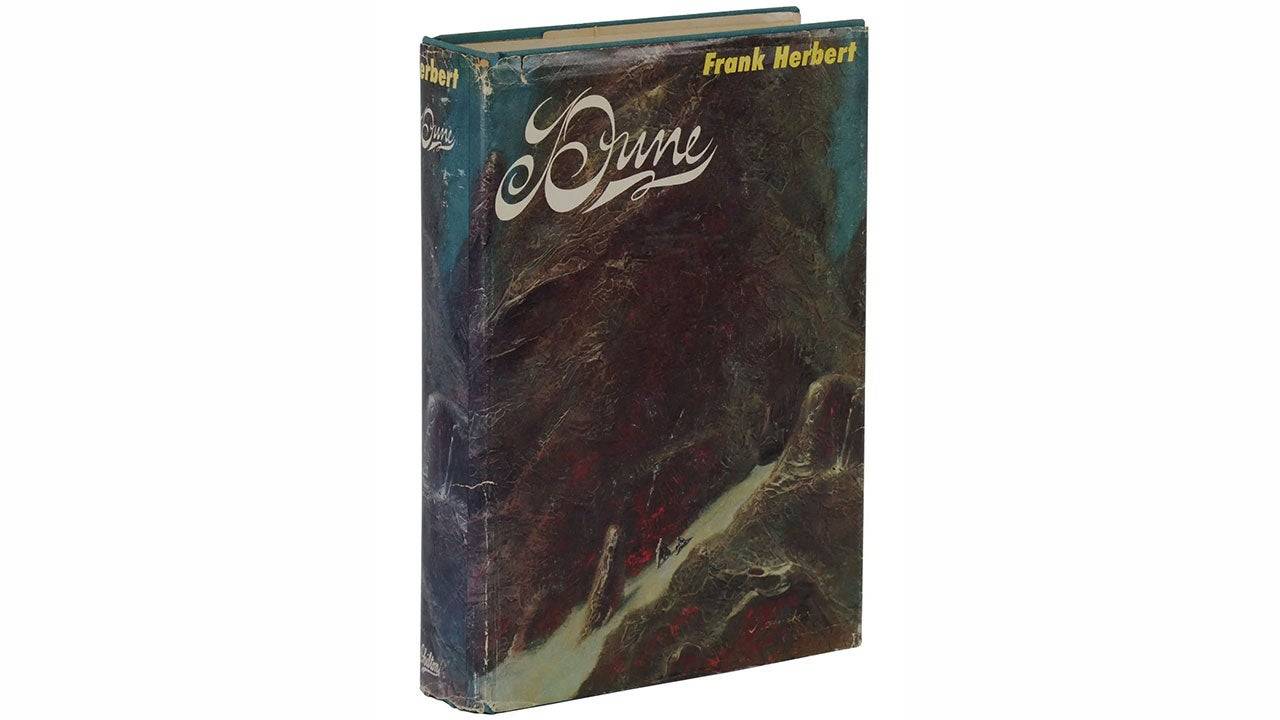
In this version, Paul Atreides is not the dashing figure portrayed by Timothée Chalamet in recent adaptations but a 7-year-old with long blonde hair, facing his first test with the Reverend Mother and "the box." His recitation of the Litany Against Fear is intertwined with his mother Jessica's, highlighting their psychic bond. The script includes vivid imagery of a burning hand, reminiscent of Lynch's version, yet it's all a dream.
After passing his test, young Paul demonstrates his assertiveness by using The Voice to retrieve a sword and nearly killing Duncan Idaho during a test of bravery, embodying a "savage innocence." Stephen Scarlata, producer of the documentary Jodorowsky's Dune, notes, "Rudy Wurlitzer’s version of Paul is far more assertive. He actively takes charge. We even see a flash-forward of his growth spanning from age 7 to 21, where his relentless training leads him to surpass Duncan Idaho. Personally, I prefer Lynch’s depiction of Paul. There’s an added tension in believing Paul might defeat Gurney, only to realize he doesn’t. This vulnerability makes us feel more fear and concern for him, especially when Paul and Jessica are forced to escape."
As Paul matures into a 21-year-old, he becomes a master swordsman, described as "handsome, charismatic, regal." Duncan, now older with white hair and a beard, mirrors Jason Momoa's portrayal in Villeneuve's adaptation, bringing a humorous edge to the character.
Long Live the Emperor
The narrative shifts to Jessica witnessing a gardener raking patterns in a rock garden, an event disrupted by rain, prompting the gardener to proclaim, "the Emperor is dead." This pivotal moment, as noted by contemporary screenwriter Ian Fried, introduces a new catalyst for the story's events, diverging from the original novel.
The Emperor's Inner Kingdom is vividly described as a mystical circle surrounded by snow peaks, where members of the Twenty-Four Great Houses gather to mourn the Emperor's passing. The ceremony becomes even more mystical with the dead Emperor communicating through a medium, bestowing Duke Leto Atreides with control over Arrakis to combat the looming darkness in the universe.
This darkness manifests through Leto's cousin, Baron Harkonnen, who attempts to negotiate with the Duke over Arrakis' spice production. The Baron's dialogue echoes a famous line from Lynch's film, "He who controls the spice controls the universe," sparking speculation about its origins.
Flight of the Navigator
Similar to Lynch's version, the Atreides family's departure from Caladan aboard a Guild Heighliner includes a glimpse of a Navigator, a spice-mutated creature not seen until Dune Messiah in the books. This creature, described as "an elongated FIGURE, vaguely humanoid with finned feet and hugely fanned, membranous hands," adds a layer of intrigue to the journey.
Upon arriving on Arrakis, the script emphasizes the medieval aesthetics of the Atreides' fortress, reminiscent of Scott's later work on Legend. The ecological devastation caused by spice harvesting is highlighted through Liet Kynes' explanation to the Duke and Paul, setting the stage for their mission to restore balance.
The script also introduces a gritty urban setting for Arakeen, drawing inspiration from Gillo Pontecorvo's The Battle of Algiers, showcasing class disparity and the harsh realities faced by the planet's inhabitants.
An action-packed sequence finds Paul and Duncan engaging in a bar fight reminiscent of '80s action films, leading to their encounter with the stoic Fremen leader Stilgar. The script's depiction of violence and Paul's early prowess in combat sets it apart from other adaptations.
The Bene Gesserit Jessica's meditative levitation and her explicit conversation with the Duke about creating a child underscore the mystical and familial elements central to the story.
Baron Wasteland
Dr. Yueh's betrayal unfolds with a secret message from a blinking insect, leading to a night of freedom for Paul in the city's underbelly. His encounter with a Fremen Spice Den and subsequent visions of his unborn sister Alia add a surreal dimension to his journey.
The script's violence escalates with Yueh's poisoning of Thufir, the deactivation of the house shield, and the infiltration by Harkonnen Death Commandoes. Paul's confrontation with a Hunter-Seeker, reimagined as a bat-like creature with a cobra's head, adds a thrilling twist to the narrative.
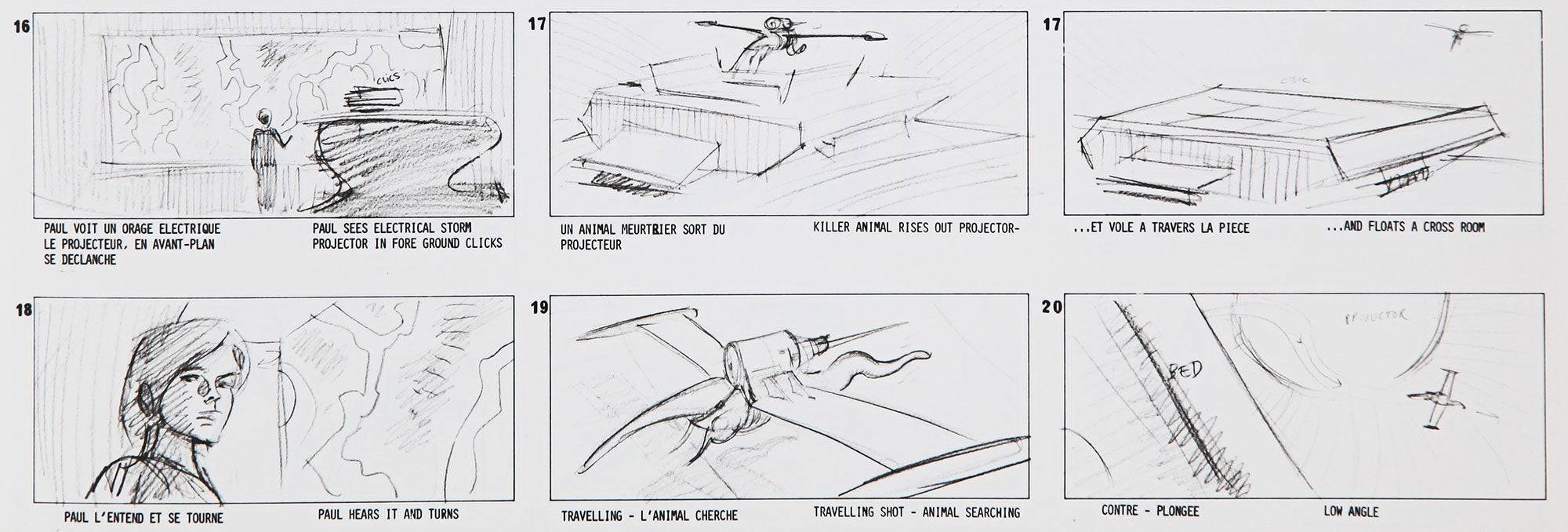
Duke Leto's valiant efforts against the Death Commandoes and Yueh's betrayal culminate in a graphic and intense escape for Paul and Jessica, setting the stage for their journey into the deep desert.
The Deep Desert Controversy
Paul and Jessica's flight into the deep desert is depicted with heightened intensity, with Paul's piloting skills tested to the limit. After crashing, they endure a sandstorm in a Stilltent before venturing out in their Stillsuits to seek the Fremen. A dramatic encounter with a sandworm further solidifies Paul's resolve.
The script omits the controversial incest subplot between Paul and Jessica that existed in earlier drafts, which had incensed both Herbert and De Laurentiis. However, a moment of closeness between mother and son during their desert journey remains.
Their refuge in an ancient cave inside a giant worm carcass leads to a confrontation with the Fremen, including a death duel with Jamis. Paul's acceptance as the Lisan al-gaib and his integration into the Fremen society, including his relationship with Chani, are pivotal moments in the script.
The script's climax features a Water of Life ceremony, with a shamanic figure guiding a sandworm to create the Water of Death. Jessica's transformation into the new Reverend Mother solidifies Paul's role as the Fremen's Messiah, culminating in a tense scene where Jessica calls a sandworm, hinting at the iconic worm-riding scene Herbert hoped to see on screen.
Conclusions
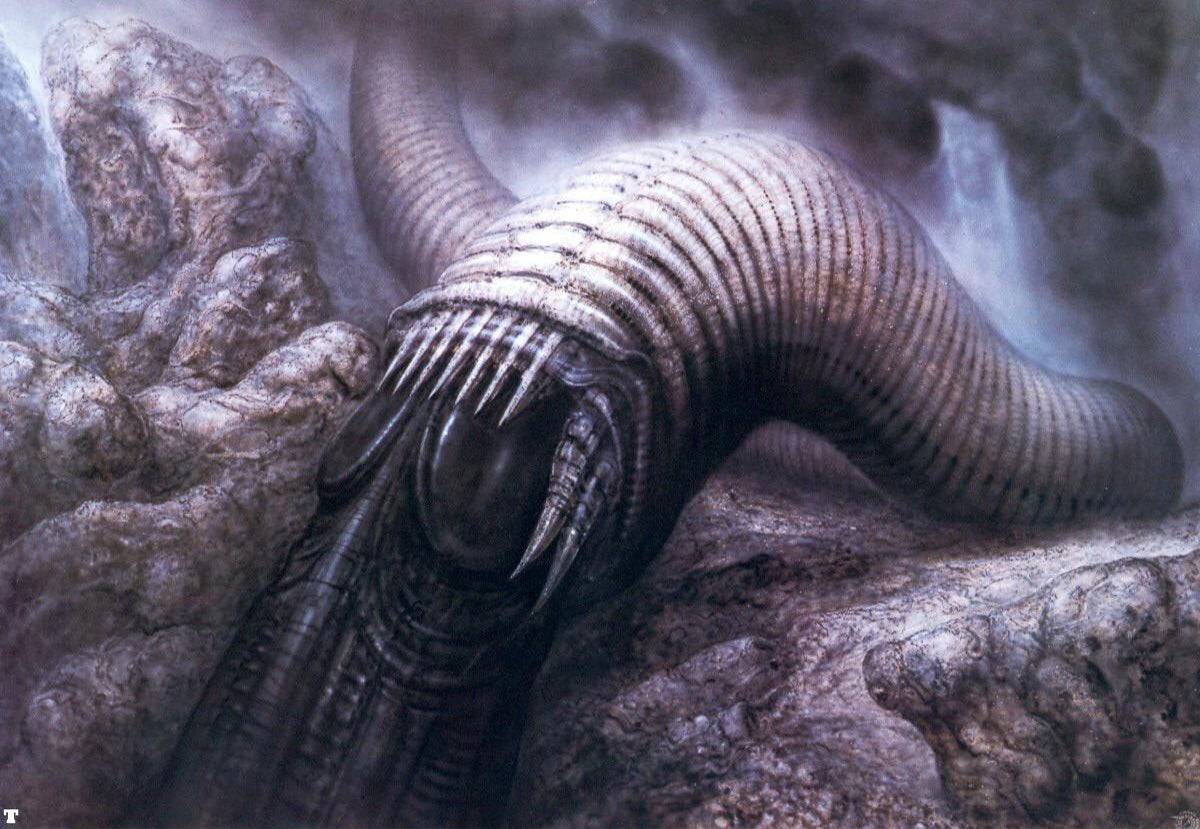
Frank Herbert's Dune novels emphasize the disastrous consequences of following charismatic leaders, a theme central to Villeneuve's adaptations and largely ignored by Lynch. Wurlitzer's script presents Paul as a confident young man accepting his destiny as a universal dictator, aligning with Herbert's cautionary message.
The script's boldness and divergence from Herbert's material reflect the filmmakers' ambition to create a mature, R-rated sci-fi film with real-world concerns such as ecological devastation and exploitation. This approach faced similar challenges to Zack Snyder's Watchmen, which deconstructed superhero tropes ahead of their time on the big screen.
Wurlitzer's script, though not universally loved, offers a unique perspective on Dune, emphasizing ecological, political, and spiritual themes equally. It also introduces important relationships visually, correcting some of the narrative issues found in Lynch's film. The script's ending, with the Water of Life ceremony and Paul's acceptance into the Fremen tribe, sets the stage for the novel's time jump.
The legacy of this unproduced Dune includes H.R. Giger's designs for the sandworm and Harkonnen furniture, now showcased at the Giger Museum in Switzerland. Vittorio Storaro, who was to be the cinematographer for this version, later worked on the 2000 Sci-Fi Channel miniseries Frank Herbert's Dune. Ridley Scott and Dino De Laurentiis eventually collaborated on Hannibal, which was a commercial success.
Wurlitzer's script, praised by Scott as "a decent distillation of Frank Herbert," remains a fascinating glimpse into what could have been a groundbreaking adaptation of Dune. As Herbert's book approaches its 60th anniversary, its themes of environmental decay, the dangers of fascism, and the need for societal awakening remain as relevant as ever.



